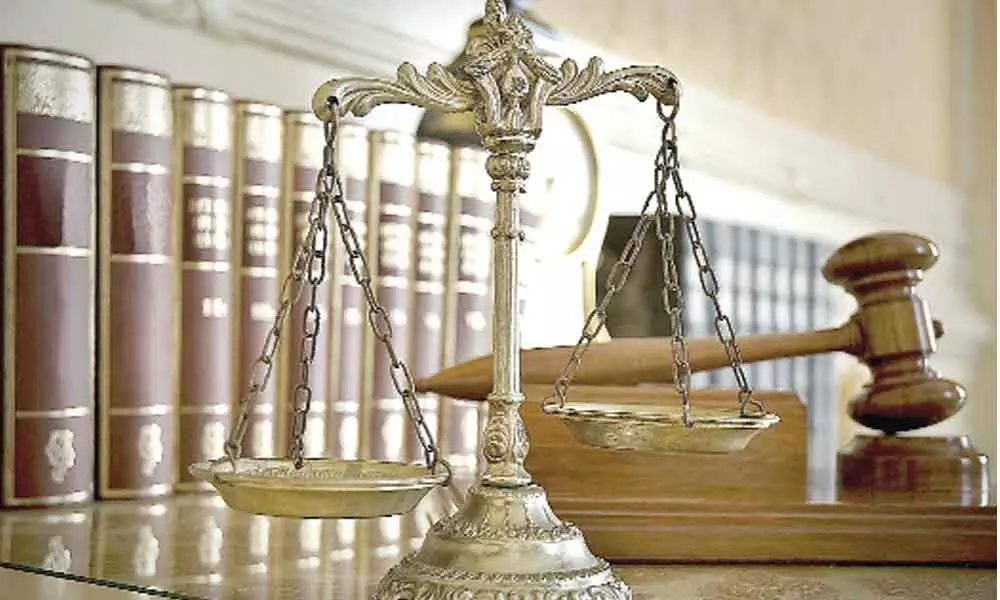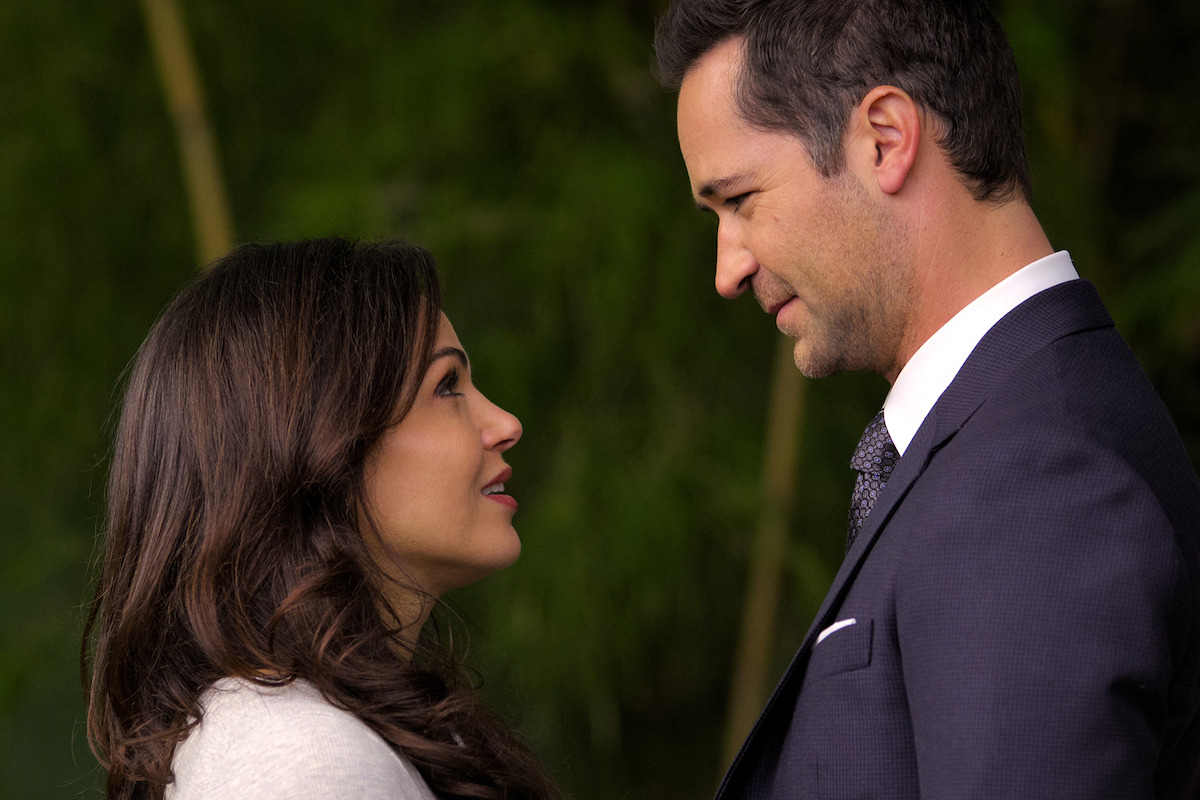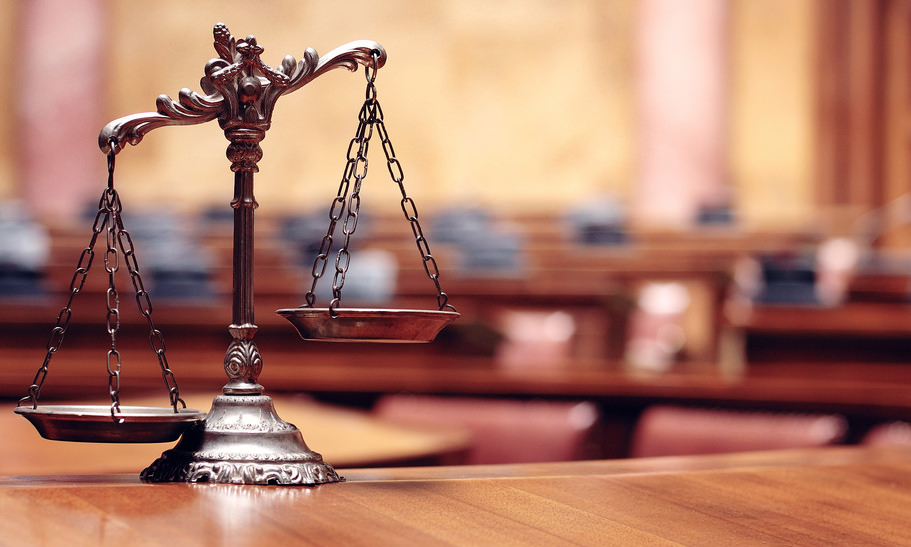In the Halls of Justice: Understanding Courts through Special Protocols

Courts form the backbone of our legal system, resolving disputes and upholding justice. They follow special protocols tailored to different needs, making the legal process more structured.
In this article, we’ll dive into the world of courts and shed light on why special protocols matter.
District Courts: Where It All Begins
District courts are the starting point for many legal matters, dealing with everything from civil disputes to criminal cases. These courts ensure that justice is accessible to everyone by examining evidence and making judgments. They’re like the neighborhood hubs of justice.
Specialized Courts: Tailoring Justice
Sometimes, cases need a more focused approach. That’s where specialized courts come in. They deal with specific areas like family or juvenile matters, handling unique challenges more effectively. It’s all about addressing the nitty-gritty details.
Top appeal lawyer: Steering the Appeal Ship
Disagreeing with a court decision leads to the appeals process. A top criminal appeal lawyer is key here. These legal aces specialize in presenting cases to higher courts, arguing that mistakes happened during the initial trial. They dig into case records, spot legal issues, and craft convincing arguments to turn the tide.
Appellate Courts: Tweaking Decisions with Precision
Appellate courts, or courts of appeals, are the next stop in the legal journey. They review lower court decisions, making sure everything is legally sound and fair. These courts set the stage for how the law is interpreted and applied.
Special Protocols: Adapting to the Unusual
When the usual court routine won’t cut it, special protocols kick in. They lay out specific procedures for cases with unique circumstances. Whether it’s a high-profile trial or a case involving sensitive matters, these protocols make sure the legal process is up to the challenge.
Top appeal lawyer: The Star of the Appellate Show
When a case goes up the appellate ladder, an experienced lawyer takes the spotlight. These pros know the ins and outs of appellate procedures and craft compelling arguments that can sway judges. Their work can make or break the outcome of an appeal.
Small Claims Courts: Simplifying the Legal Tango
For smaller disputes, there’s the option of small claims courts. These courts handle cases with modest monetary claims, keeping things simple and affordable. They’re like the fast-food joints of justice, quick and to the point.
Alternative Dispute Resolution: Settling Differences Outside the Courtroom
To ease the load on regular courts, alternative dispute resolution (ADR) methods have gained traction. Mediation and arbitration offer ways to resolve conflicts without the courtroom drama. It’s a more chill way of finding common ground.
A Hero in Alternative Dispute Resolution
Even in alternative dispute resolution, having a top federal appeal lawyer in your corner is a game-changer. Whether it’s mediating or arbitrating, their legal smarts and negotiation skills can tip the scales in your favor.
Emerging Trends: Technology and Courts
In recent years, technology has begun to reshape the landscape of courts and legal proceedings. Electronic filing systems, virtual hearings, and online case management have streamlined processes, making the legal system more accessible and efficient.
While these technological advancements bring convenience, they also raise new challenges, such as issues related to cybersecurity and the digital divide. Courts are now adapting to this tech-savvy era, and the role of a top appeal lawyer extends to navigating these digital nuances in the pursuit of justice.
Public Perception and Trust: The Courtroom Connection
Public perception of the courts plays a crucial role in the effectiveness of the legal system. How people view the fairness and transparency of court proceedings influences their trust in the judicial process. Special protocols that prioritize openness and clear communication contribute to building public trust.
A top appeal lawyer, in addition to being a legal advocate, becomes a bridge between the intricacies of the law and the public, fostering a sense of confidence in the justice system.
Legal Aid and Access to Justice: A Balancing Act
While the courts aim to deliver justice impartially, the reality is that not everyone has equal access to legal representation. This challenge is particularly pronounced in cases where vulnerable individuals or marginalized communities are involved. Special protocols that address the need for legal aid and support can help level the playing field.
A top appeal lawyer, by embracing a commitment to justice for all, becomes a beacon of hope for those who might otherwise struggle to navigate the legal system on their own. As we look to the future, ensuring equal access to justice for everyone remains a critical aspect of legal reform.
Brownstone Appeal Lawyers and the Quest for Justice
In a nutshell, getting the hang of courts and special protocols is crucial for anyone dealing with the legal system. Whether it’s district courts, specialized ones, or appeals, having a top appeal lawyer is like having a seasoned guide through the legal maze.
For those on the lookout for stellar legal support, Brownstone Appeal Lawyers are a solid choice. Their team of experienced appeal lawyers is all about providing top-tier representation in appellate proceedings. Navigating the legal world demands know-how, and Brownstone Appeal Lawyers are there to steer you right.






